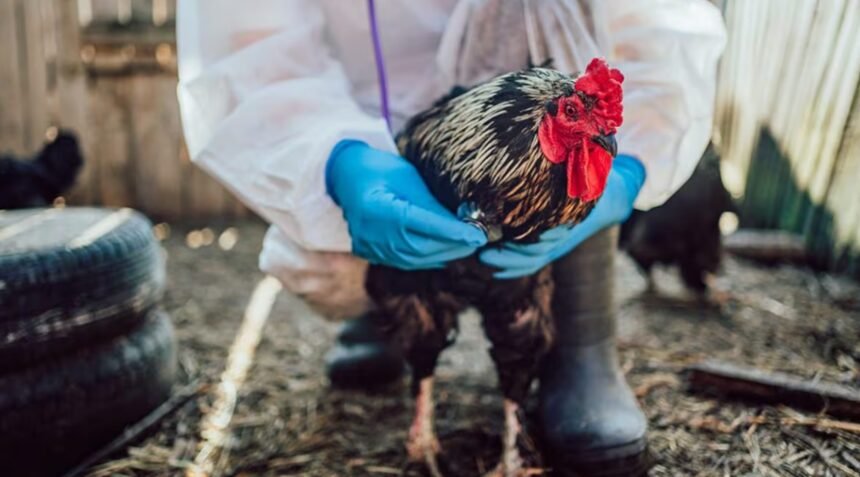A resident of Washington State has died after being infected with a new strain of avian influenza, H5N5, which had not previously been reported in humans. This marks the first reported death from this strain in the United States, while health authorities confirmed that the virus had only affected animals until now.
According to the Washington State Department of Health, the victim was an elderly individual with pre-existing health conditions and had kept a flock of domestic birds in their yard. The infection occurred after contact with the birds, which are suspected to have been infected.
This case comes after a nine-month period without any reported human cases of avian flu in the U.S. Although H5N5 has so far occurred only in animals, the virus has raised concern among health experts. They stress, however, that the risk to the general public remains low.
In a press statement, health officials emphasized that there is no evidence of human-to-human transmission, and no one else has tested positive after contact with the deceased.
“The risk to public health remains minimal, but we continue to monitor the situation closely,” a representative of the Washington State Department of Health said.
Avian flu has been a known phenomenon among birds for decades, but recent years have seen an increase in infections among mammals. In early 2024, a variant identified as H5N5 was reported to have spread among several animals, including some mammals.
This incident follows a period during which approximately 70 cases of H5N1 infection were reported among humans in the U.S., most of them after exposure to infected birds.
Human symptoms usually include fever and eye irritation, but there have also been more severe cases, with patients experiencing respiratory issues and other serious complications. Fortunately, most reported cases have been mild and have not required long-term hospital treatment.
Due to its potential to spread among animals and possibly mutate into more dangerous forms for humans, avian influenza remains a global concern. Health authorities assure that monitoring and safety measures are being implemented to prevent further spread.
Experts advise citizens to avoid contact with dead or sick birds and to report any signs of infection to authorities immediately.







